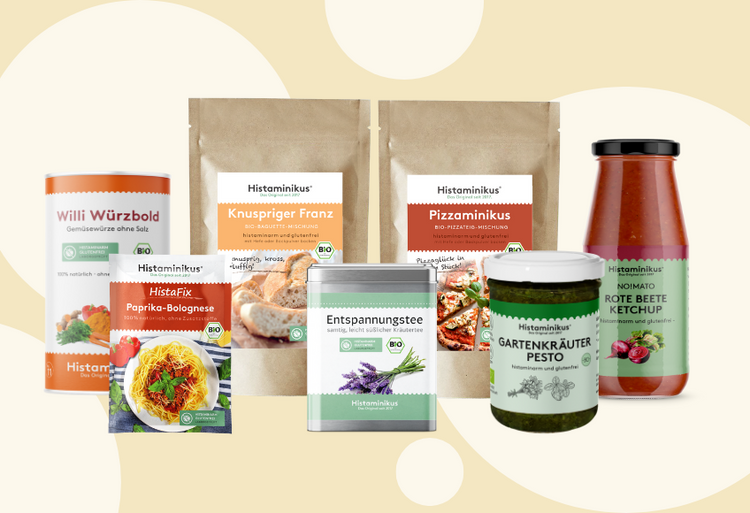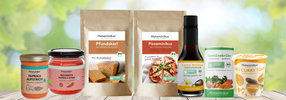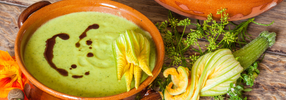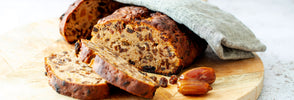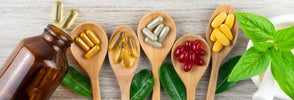
Stress, Histamine Trigger number 1
What role does stress play with histamine intolerance
Why stress triggered the histamine release Stress is a natural and appropriate way of how our body reacts to frightening or dangerous situations. A certain stress is necessary so that we can meet the challenges of life and cope with them.
Stress always occurs when the Psyche thinks they are in danger- be it an emotional or physical danger. Too much stress that is not dismantled, sucks and loud it out and Runs the strength to face everyday requirements. The result is that they are tense, irritable and tired. The long -term effects Of persistent stress are an immense burden on the body and lead to diseases. According to the epidemic protection authority in Atlanta 90% of all diseases due to stress. A research work by Dr. Lipton (Stanford University) increases this number to 95%. The remaining 5% are genetically predisposed. There are now a number of studies that show that disease is an appearance of permanent stress (1).
Talk about your brand
What happens in the body when stressed
When stressed, the body sets that Stress hormone cortisol free, which in turn Nervous system calls for action. The nervous system then stimulates the Hypothalamus hypophysis axis and puts the body in the Fight-or-escape mode. This mode triggers a number of processes in the body: the body switches to Energy -saving mode around what leads to everything that is used in the body's extra energy. The Cells set the normal growth, healing and repair activities. Alarm means emergency, i.e. all activities (digestion, absorption of nutrients, cleaning of toxins, etc.) can now wait while you have to escape the dangerous situation. Cells in the stress state also refuse to absorb nutrients, oxygen, minerals, etc. and do not release any degradation products and toxins. All activities are discontinued up to those that are necessary for survival. In the Fight-or-escape mode arises Cell milieu, the toxic is und does not allow growth or repair.
Neurotransmitter like Adrenaline, noradrenaline and dopamine are released to sharpen the senses and keep the body in alarm state. In the meantime it will also be Immune system activated, which the Mast cells triggered. This in turn pouring body -owned histamine. Histamine is now in the body and fulfills its task there by supporting the immune system. It sits on the receptors of the nerve cells and continues to ensure that the body in Alert remains. The pulse increases, the blood vessels widen and adrenaline is released. Stress thus leads to even more stress and even more histamine in the body.
Physiological stress leads to a histamine overload
It is very interesting that the Symptoms of Candida and histamine intolerance to confuse similar are. You can say that they are almost the same. Just like with histamine intolerance, Candida also has one Extremely wide range of non -specific symptoms, that vary from person to person. This makes it so difficult to recognize a candidosis.
Some symptoms of Candida are:
- Gastrointestinal complaints: Constipation, diarrhea, flatulence, cramps, heartburn, gastritis
- Neurological symptoms: Mood swings, migraines, headaches, difficulties of concentration, bad memory, dizziness, anxiety, depression, paranoia
- Genital area: Vaginal infections, regular complaints, bladder infections, rectal itching
- Breathing system: Hay fever, asthma, bronchitis, frequent colds, immune deficiency
- Skin: Itching, rash, redness, psoriasis
- Miscellaneous: Food allergies, chronic fatigue, cold extremities
Do you notice something? I could have listed symptoms of histamine intolerance as well. But no, this is about Candida.
What triggers the combat or escape mode?
The latest research has found that the Fight-or-escape mode is triggered by unconscious memories. Our Memories are distributed throughout the body in all cells And not just stored in the brain alone. This means that everything you have consciously or unconsciously experienced is stored in your cells. In psychology you learn that 90% of our memories from unconscious memories consists. These unconscious memories take care of certain Trigger situations For that that Nervous system activated becomes and merges into the combat or escape mode. This happens automaticallywithout you being able to control it. In combat or flight mode, the Reactive mind The leadership by circumventing logical thinking.
But also situational stress can lead to physiological stress for a long time. Situant stress are e.g.
- Environmental advocates
- Pressure of the performance and deadline pressure
- Unresolved conflicts at school, at work or in the family
- Trauma, shocks
- Double pollution from work and family
- Serious illness or death in the family
- Permanent enablability through digitization
- Unhealthy, misconception or malnutrition, lack of exercise
- Hardly or no relaxation at all
- Excessive claims towards yourself
- Dissatisfaction, worries and fears, indignation
Histamine intolerance and stress-the stress-histamine cycle
(1.2) Mast cells play a major role in allergic reactions. But this is only a small part of their tasks.
Mast cells Because have a load -bearing Role in identifying and combating pathogens such as bacteria, viruses, parasites and fungi such as Candida Albicans. Mast cells are everywhere in the body, but the largest proportion can be found in our Digestive tract again.
The number of mast cells can increase extremely quickly with intestinal infections. Candida is associated with various intestinal infections such as Crohn's disease, ulcerative colitis, irritable bowel and stomach ulcers. Studies have shown that Candida slowed down the healing process of infections and favors infections in turn. A vicious circle is created.
Candida penetrates the body through mast cell -rich organs (skin, intestine and respiratory tract). Studies by Nosal R. and the Nature Journal (3, 4) confirm that Candida leads to a histamine release in the mast cells. Mast cells have receptors that recognize fungal infections and take appropriate measures to combat, such as the Salvation of histamine. Candida increases in the intestine it comes to Histamine releasethat with inadequate dismantling, Cause inflammation can. Candida also reduces the body's ability to reduce histamine by the Dao reduced. (5)
The next vicious circle is created.
If Candida increases uncontrollably, the fungus also sets toxic metabolic products (mycotoxins) free in our body.
Also generated Candida his own alcohol in our blood.
And we know what reactions alcohol can cause in the case of affected people of histamine intolerance.
Collapsible content
Histamine and fears and depression
Histamine and stress can Mood swings trigger. The H3 Histamine receptors in the brain in particular are responsible for this. In the brain, histamine acts as a neurotransmitter that can trigger mood swings, fears and depressive feelings.
Histamine and insomnia
In the past, histamine has already been with Sleep disorders associated: on the one hand, this also includes insomnia and on the other hand extreme need for sleep. The latest research has even found that histamine also has one Roll in biorhythm plays. (2) It has also been found that the H1 Histamin receptors promote sleep, while the H3 Histamine receptors favor insomnia. (3) As we all know, lack of sleep triggers stress. The stress-histamine cycle is therefore full again.
Histamine and panic attacks
Under extreme stress, many affected people report Panic attacks. These panic attacks are primarily attributed to the fact that histamine widens the blood vessels in the heart. This means that blood pressure falls. The heart begins to beat faster to stabilize blood pressure again. The low blood pressure in combination with a fast pulse can be too Show shortness of breath, dizziness and rapid heartbeat. You have the feeling of getting a panic attack or the increased histamine release actually creates a panic attack. (4)
Histamine and disorders of the digestive tract
According to research, acute stress leads to one Disruption of the digestive systems. Stress activates the mast cells in the intestine and ensures one increased histamine release. In animal experiments it was found that the Histamine level in the intestine increased by a 6 to 9-fold was after the animals were exposed to stress. (5) Stress can also affect the intestinal flora and thus lead to digestive disorders. Canadian researchers have proven that one defective intestinal flora not only affects digestion, but also on the psyche of the person concerned. They confirmed that the intestine is essentially related to the brain. One also speaks of the "Darm-brain axis". Accordingly, intestinal bacteria influence certain functions in the brain and are therefore jointly responsible for mental disorders and neurological diseases.

Histamine -free products
Histaminikus
Fruit bread organic
4.81 / 5.0
(21) 21 total reviews
Share

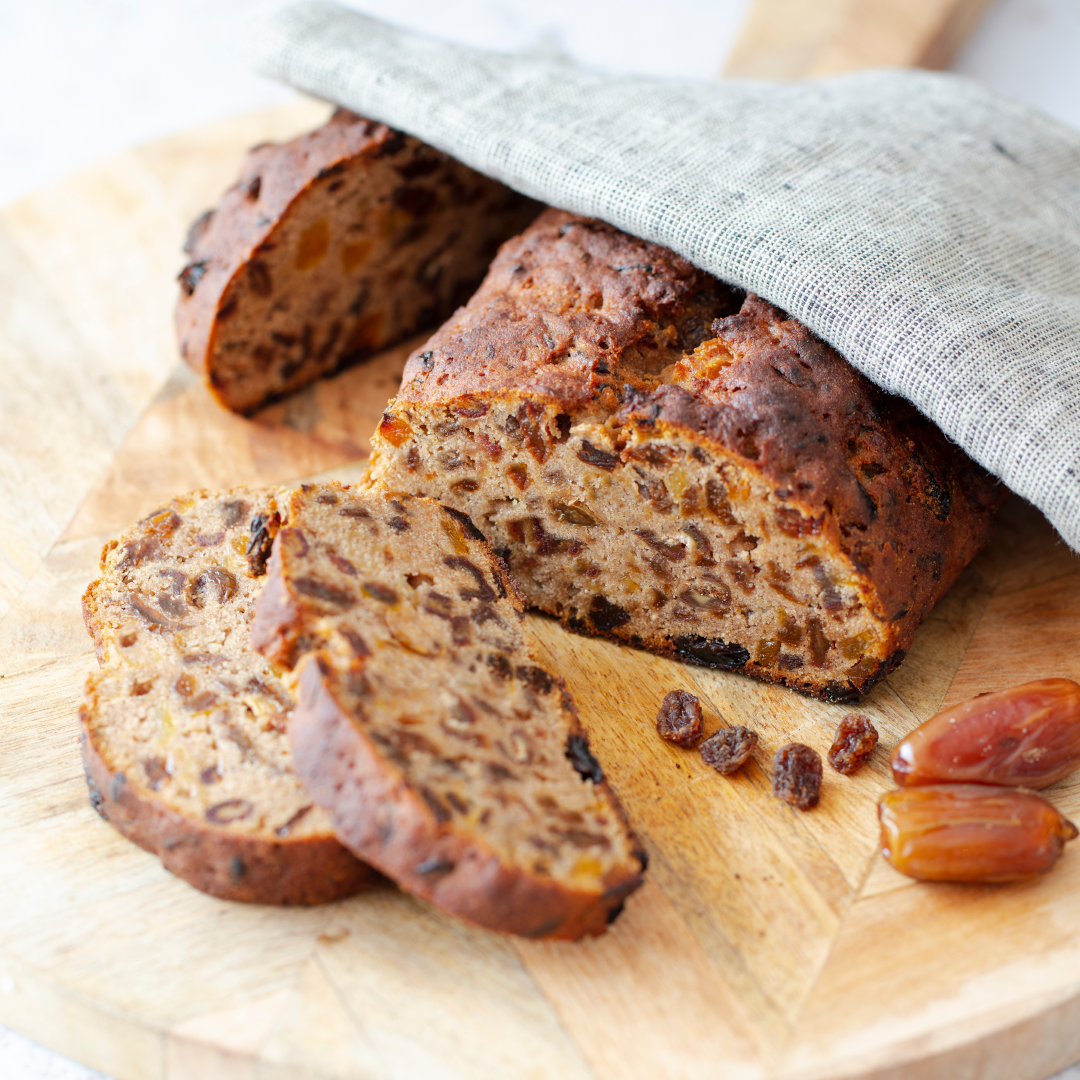
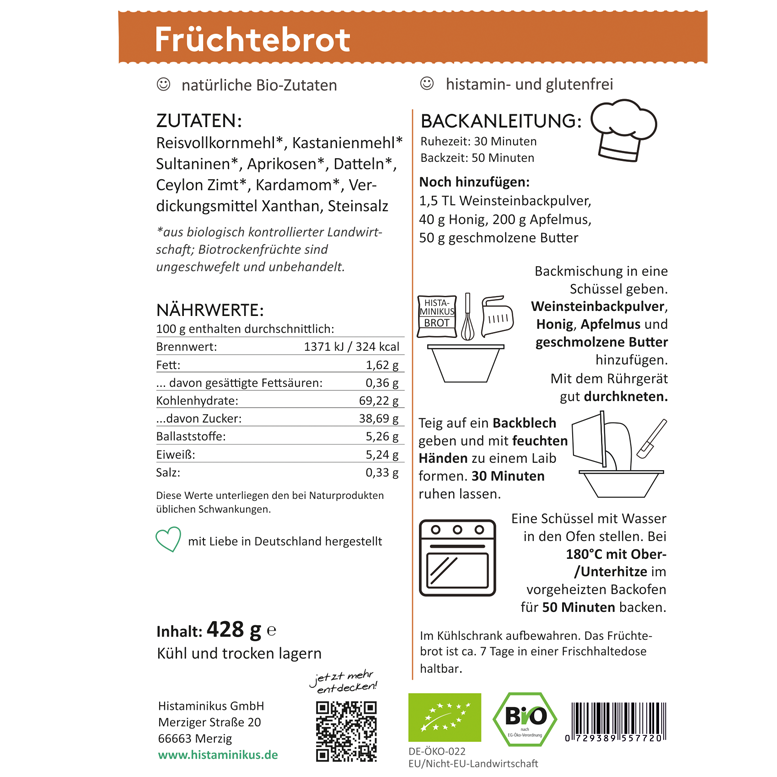

Effective stress management
1. Research for the causes of physiological stress
Do you do things that you don't want to do? Do you behave as you don't want to behave? Or do you think and feel the way you certainly don't want to think or feel? Perhaps you are also afraid in situations in which you actually don't have to be afraid. If this is the case, then is often an unconscious memory behind itthat activates the reactive mind. This is a Overreaction of the psyche, that turns off every logical thinking. The psyche has the habit of protecting us from painful situations because she believes that it means great danger for us. With every situation that reminds even more reminiscent of a painful event-from today's perspective, this event can be totally banal for you-the psyche ensures that the body switches into the combat or flight mode. This stress response can be triggered, for example, by a ringing phone, a submission date, a boss, a family member or all kinds of other non -life -threatening situations. So research after conscious and unconscious memories, which you put in the combat or escape mode and thus the Stress Histamine cycle trigger. But also Negative emotions such as unresolved conflicts, arguments, fear, anger, indignation, guilt, etc. are a trigger for physiological stress And can lead to stress-histamine cycle by the release of histamine in the mast cells. However, you can also reverse the situation, i.e. lead to more well -being. In order for this to happen, the negative emotions must be recognized and processed.
2. Set limits
Living without limitations often leads to the fact that at some point you are extremely dissatisfied and totally exhausted yourself. If you keep going beyond your borders, this triggers stress in the body. Are you among the people who can say no bad or are constantly using it? Do you often annoy yourself that nobody accepts your limits or asks how you actually feel? Do your friends only ever download your own ballast and you don't have any say? Or do you seem to be much more like to do a day than you can actually manage? If you can answer one of these questions with yes, you will probably have a limited problem. So take some time and start to write down your own limits. Ask yourself the questions: Will I that? Will I the? I want to THE? If you have done this, then communicate your limits to the outside and enforce them. This will be difficult at the beginning and maybe demand everything from them, but believe me, it will be much better if you set your own limits.
3. Integrate relaxation exercises into your everyday life
Relaxation exercises, meditation or yoga Can be good help to reduce stress. I myself help myself in stressful situations The following relaxation exercise (6):
- First of all, they define what situation is stressful to them
- Now estimate on a scale from 0 - 10 how stressful this situation is for you, 10 is the highest value.
- Now take a relaxed position and put the palms comfortably on top of each other.
- Now breathe deeply and strongly into the abdomen. Repeat this exercise for at least 10 seconds. If you get dizzy, then breathe a little slower.
- As you breathe, imagine how the stressful situation dissolves or how the stress leaves your body.
- After 10 seconds, they again appreciated their stressful situation on the 0-10 scale. Perform the breathing exercise until you only evaluate your problem with a 2 or 3.
4. Dietary supplements:
magnesium: This mineral is involved in the stimulus transfer between nerves and muscles and thus contributes to the compensation of the nervous system. Magnesium also ensures normal psychological function and reduces fatigue and fatigue. A balanced magnesium level helps to reduce stress.
Zinc: This trace element protects our cells from oxidative stress and strengthens the immune system. Zink - like vitamin C - also inhibits the release of histamine.
Vitamin B6, B12: The B vitamins contribute to a normal function of the nervous system and the psyche. B6 also regulates hormone activity and reduces tiredness and fatigue. Vitamin B6 is required for the synthesis of the DAO and is therefore also involved in the breakdown process of histamine.
Ashwaghanda: The herbaceous plant is one of the nightshade plants and, due to its stress -reducing properties, one of the so -called adaptogens. Ashwagandha reduces stress, promotes good sleep, has an anti -inflammatory and antioxidant effect. It has a balancing effect on hormone production and improves strength and endurance.
L-tryptophan: The essential amino acid L-tryptophan counteracts mood swings and sleep disorders. The amino acid is involved in the synthesis of serotonin (happiness hormone). Serotonin is responsible for our well -being and ensures a good mood. A lack of L-tryptophan can trigger sleep disorders, fatigue, depression and mood swings.
Collapsible content
SOURCES
(1) Havard study: Illness is only a appearance of stress health.harvard.edu/special_health_reports/stress_control
(2) https://www.ncbi.nlm.nih.gov/pubmed/20851648
(3) https://www.nature.com/articles/srep39934
(4) https://www.ncbi.nlm.nih.gov/pubmed/16337938
(5) https://www.ncbi.nlm.nih.gov/pmc/articles/PMC2343625/#!po=41.6667
(6) Source: Instant Impact, Power Breathing by Dr. Alex Loyd
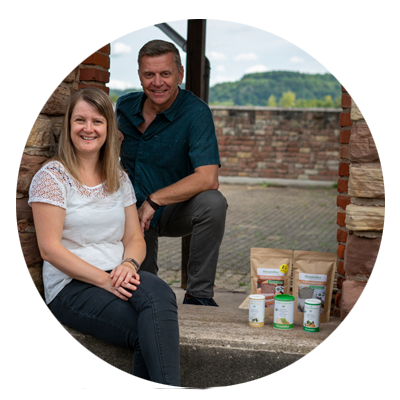
From those affected for those affected
We are Thomas and Michaela Zinser, founder of Histaminikus.
Because of the own histamine intolerance of Michaela and our son, we founded Histaminikus. The frustration does not find any suitable histamine food has spurred us to develop low -histamine food.
We would like to give you back a piece of quality of life. Feel free to look around with us.
Kind regards
Thomas and Michaela
